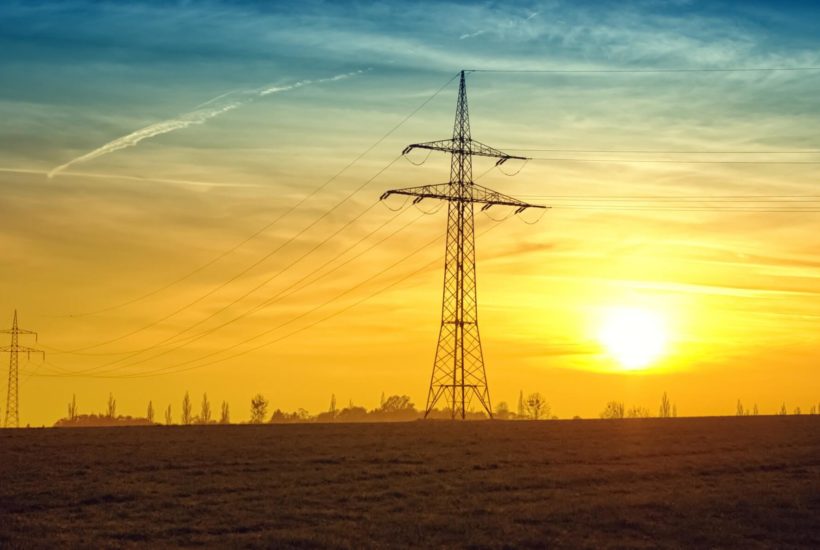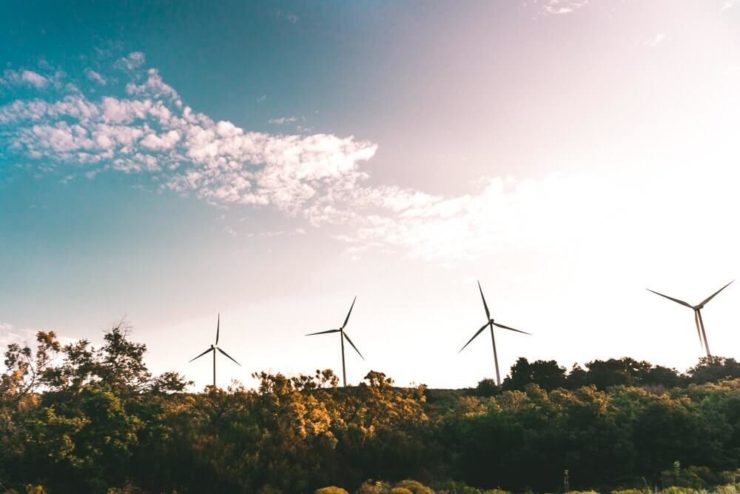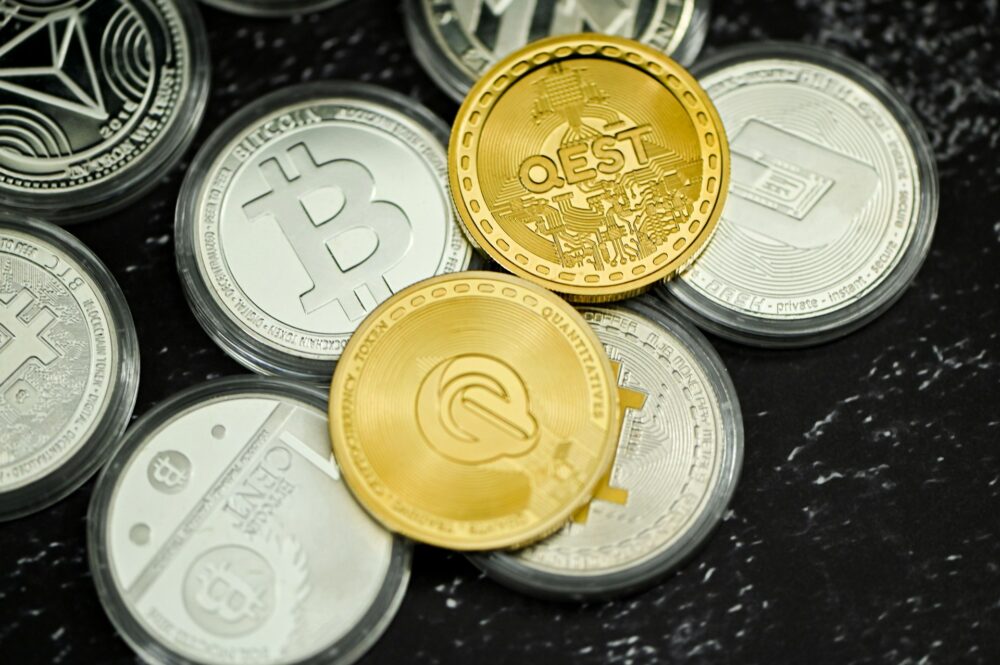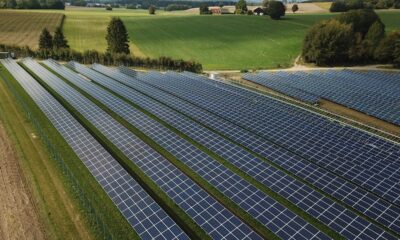Featured
How fintech is positively impacting the energy sector
As technology ramps up, infrastructure needs to keep up with the pace as well. With fintech in the picture, it catalyzes a positive trend in the energy sector that has a lot to do with our renewable energy options. Wind, for instance, sees a lot of gain from utilizing fintech. Wind projects typically deal with a lot of variables depending on energy demands and wind rates.

As technology ramps up and brings humanity into the digital age, all of our infrastructures have to keep up with the pace, too. From actual buildings to how we create and use energy is impacted by our advancements in technology. We can either create something entirely new or change what we have to be more streamlined and efficient for future generations.
Currently, one of the aspects to streamline what we already have is to make a harder impact on the economy. Everything has a direct effect on the economy, especially on the energy sector, so to upgrade one to more digitized future is to upgrade them all. Luckily, energy is seeing a positive push from the new wave of fintech.
1. What is fintech?
Fintech is short for financial technology. According to Benjamin Cohen, founder and CEO of enterprise solutions provider T-Rex, “Fintech is simply the application of modern technology to any sort of financial process or project, including renewables such as wind or solar energy. The end goal is to manage risk, improve capital costs, and maximize those important returns on investment.”
Fintech has the ability to make a positive impact on any sector it comes in contact with. The major drawback is the initial implementation, as the new fintech ways are very different than how we’re used to doing things. Regardless, fintech is helping the energy sector be more efficient with their finances and thus more efficient with their product, which benefits everyone.
2. How fintech helps
While fintech means more efficiency in many sectors, the positive trend it has on the energy sector has a lot to do with our renewable resource options. Wind, for instance, sees a lot of gain from utilizing fintech. Wind projects typically deal with a lot of variables depending on energy demands and wind rates.

Renewable energy has a lot to gain from the benefits of fintech. (Source)
Because fintech is literally technology being used for finances, it’s able to take a lot of information into account at once. Fintech looks into climate risk and community impacts before making final decisions, all happening in an instant. With this technology, we can make smarter decisions going forward without adding anything to waste.
3. Life without fintech
A world without fintech wouldn’t exactly be a dull and dismal landscape. Most of us are living the reality right now. However, that reality isn’t always amazing. According to the United Nations Environment Programme, 80 percent of a home’s greenhouse gas emissions is because of fuel and electricity. Combine this waste harming our environment with the price of electricity right now, this is a lot of problems for no good reason.
With a lot of America’s power grid being erected in the 1950s and 60s, we’re starting to hit their retirement age of 50 years. Our infrastructure doesn’t have a very good leg to stand on, anyway, so switching to newer options with better technology a painfully obvious choice when faced with the facts. Fintech is the future to better energy consumption, not to mention a better market for everything as time goes on.
4. Positivity
As we advance in technology, everything else has to be advanced with us. In truth, this is the purpose of pushing technology forward, anyway. Without a reason to keep going forward, we would eventually stagnate. Luckily, we’re nowhere near that point, yet. We still have a lot of places to go and fintech is going to help us get there.
Considering how the economy impacts everything, we’ll probably move further along sooner rather than later. Fintech is a major breakthrough in our utilization of technology, transforming how we produce goods and spend money. Before long, we won’t know how we ever managed without it.
—
DISCLAIMER: This article expresses my own ideas and opinions. Any information I have shared are from sources that I believe to be reliable and accurate. I did not receive any financial compensation for writing this post, nor do I own any shares in any company I’ve mentioned. I encourage any reader to do their own diligent research first before making any investment decisions.

-

 Biotech1 week ago
Biotech1 week agoVertex Strengthens its Position in Nephrology and Buys Alpine Immune Sciences for $4.9 Billion
-

 Biotech9 hours ago
Biotech9 hours agoVithas and MSD Join Forces to Train and Innovate in Oncology Matters
-

 Crypto2 weeks ago
Crypto2 weeks agoA Critical Look at the Progress of IOTA in the First Quarter of 2024
-

 Business4 days ago
Business4 days agoGold & Silver Continue Looking Strong
![RDE, Inc. [ OTC: RSTN ] is set to soar in a perfect storm](https://born2invest.com/wp-content/uploads/2024/02/pexels-burak-the-weekender-187041-400x240.jpg)
![RDE, Inc. [ OTC: RSTN ] is set to soar in a perfect storm](https://born2invest.com/wp-content/uploads/2024/02/pexels-burak-the-weekender-187041-80x80.jpg)






















